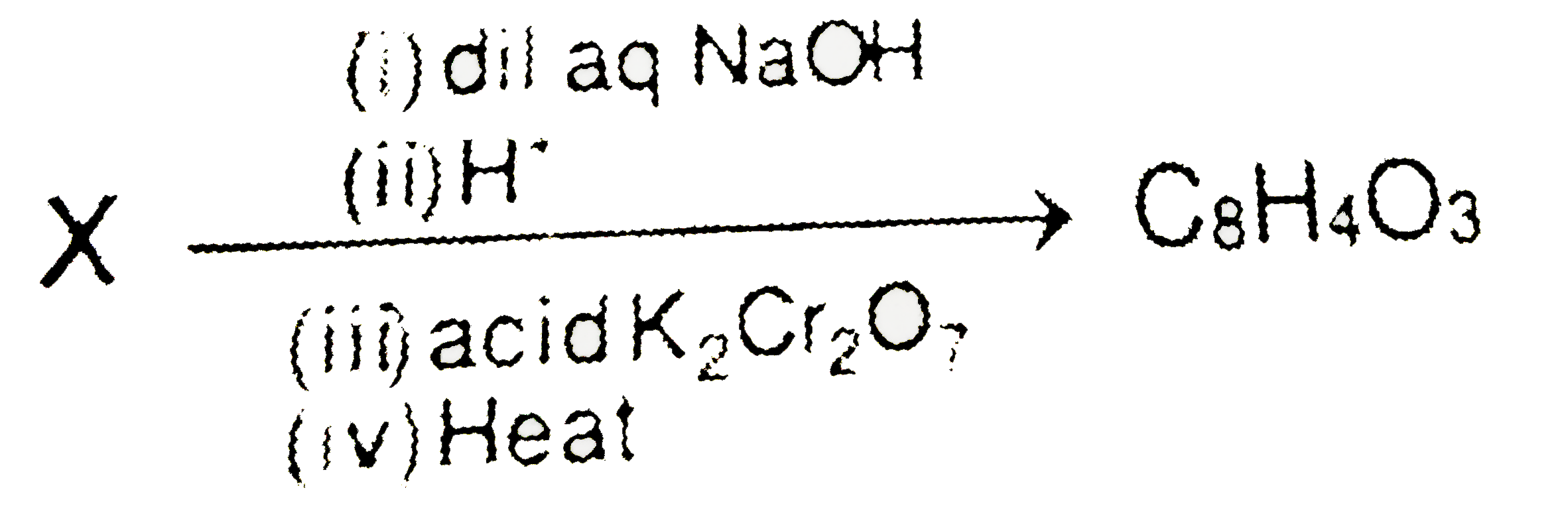Organic compounds undergo ............. ........ reaction whereas inorganic compounds undergo ............ ............. reactions.
Step-by-Step Solution:
1. Understanding Organic Compounds:
- Organic compounds are primarily composed of carbon and hydrogen, and they often contain other elements such as oxygen, nitrogen, sulfur, and halogens.
- They are characterized by strong covalent bonds formed by the sharing of electrons.
2. Reactions of Organic Compounds:
- Due to the presence of strong covalent bonds, organic compounds typically undergo slow reactions. This is because breaking these bonds requires a significant amount of energy.
- Common types of reactions for organic compounds include substitution, addition, elimination, and rearrangement reactions.
3. Understanding Inorganic Compounds:
- Inorganic compounds can include a wide range of substances, often lacking carbon-hydrogen bonds.
- They usually do not have the same strong covalent bonds as organic compounds.
4. Reactions of Inorganic Compounds:
- Inorganic compounds generally undergo fast reactions. This is due to the weaker bonds present in many inorganic substances, which require less energy to break.
- Examples of reactions include acid-base reactions, precipitation reactions, and redox reactions.
5. Final Answer:
- Organic compounds undergo slow reactions whereas inorganic compounds undergo fast reactions.
---
- Organic compounds are primarily composed of carbon and hydrogen, and they often contain other elements such as oxygen, nitrogen, sulfur, and halogens.
- They are characterized by strong covalent bonds formed by the sharing of electrons.
- Due to the presence of strong covalent bonds, organic compounds typically undergo slow reactions. This is because breaking these bonds requires a significant amount of energy.
- Common types of reactions for organic compounds include substitution, addition, elimination, and rearrangement reactions.
- Inorganic compounds can include a wide range of substances, often lacking carbon-hydrogen bonds.
- They usually do not have the same strong covalent bonds as organic compounds.
- Inorganic compounds generally undergo fast reactions. This is due to the weaker bonds present in many inorganic substances, which require less energy to break.
- Examples of reactions include acid-base reactions, precipitation reactions, and redox reactions.
- Organic compounds undergo slow reactions whereas inorganic compounds undergo fast reactions.
Similar Questions
Knowledge Check
- Question 1 - Select One
The compound which undergoes fastest reaction with aq. NaOH solution is
AC6H5−CH∣Cl−OCH2BC6H5−CH∣Cl−CH3CC6H5−CH2−CH2−ClDC6H5−CH∣Cl−CH2CH3
What is Cannizzaro reaction ? Name a compound which undergoes this reaction. Name the products formed when this compound undergoes the reaction.
View SolutionThe compound 'X' undergoing the following reaction is
 View Solution
View SolutionPredict the compound which will undergo SN2 reaction faster:
View SolutionWhich of the following compounds undergo E2 reaction with maximum rate?
View SolutionThe compound which undergoes fastest reaction with aq. NaOH solution is :
View SolutionWhich one of following compounds undergoes EI reaction most readily?
View SolutionThe compound which undergoes only racemisation on heating is
View Solution

